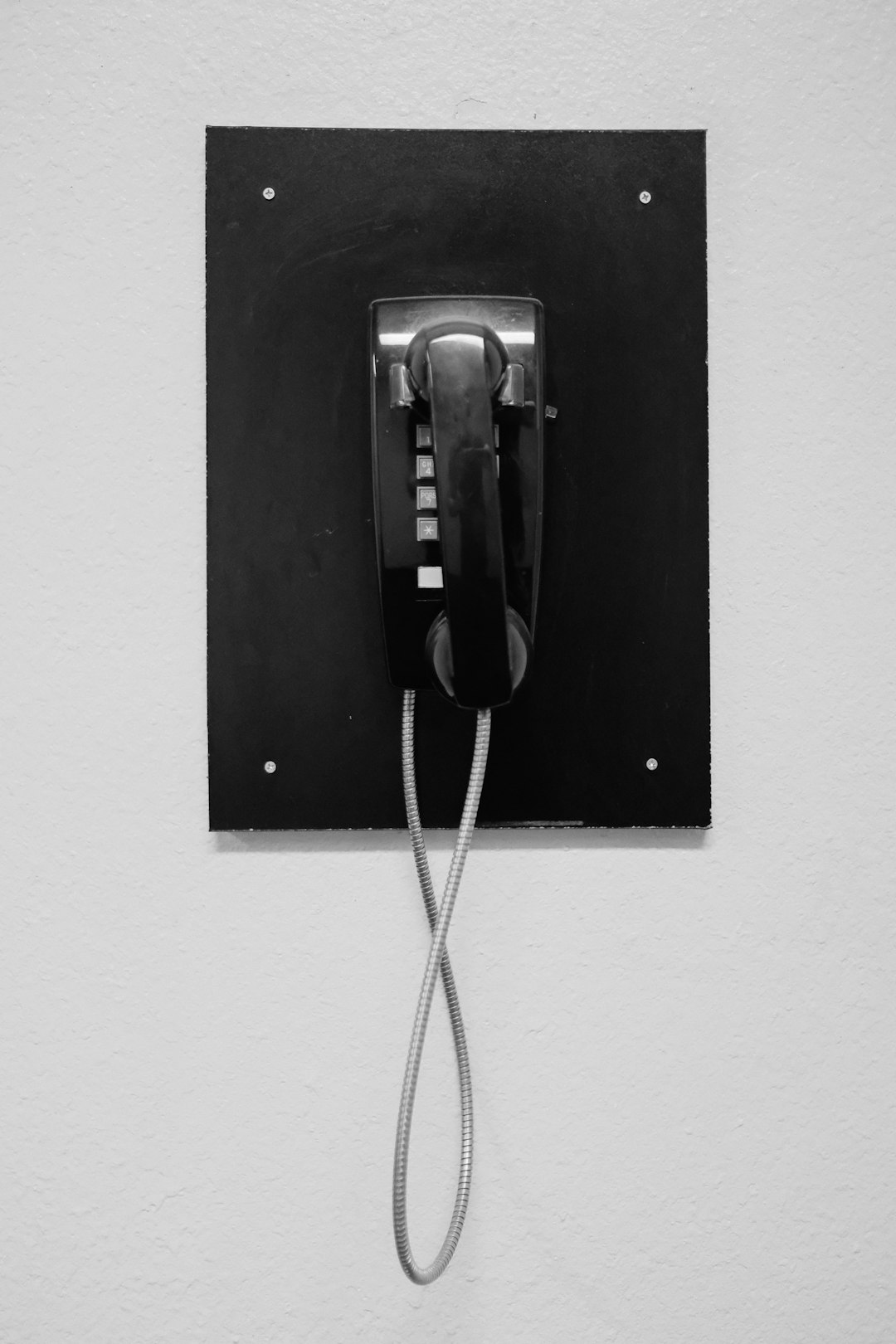Spam calls in Oregon, violating consumer privacy and causing distress, are addressed by the Telephone Consumer Protection Act (TCPA). Despite do-not-call lists, many residents still face unwanted calls. Consulting a lawyer for TCPA Oregon specializing in these cases is crucial to protect rights and enforce business compliance. Proactive measures like registering on the National Do Not Call Registry and using call-blocking apps can help, but detailed documentation of incidents aids legal action if needed.
In today’s digital age, no one is immune to spam calls, and Oregon residents are no exception. These unwanted phone solicitations not only disrupt daily life but can also signal fraudulent activities. This article delves into the rise of spam calls in Oregon and their impact on residents’ lives. We explore legal protections under the Telephone Consumer Protection Act (TCPA) and provide practical advice on how to safeguard against these intrusive calls, including tips on finding a qualified lawyer for TCPA Oregon if you’ve been targeted.
Understanding Spam Calls and the TCPA

Spam calls, or unsolicited telephone marketing calls, have become a widespread nuisance across Oregon and beyond. These unwanted calls often promote products, services, or deals, violating consumer privacy and causing distress to recipients. To combat this issue, the Telephone Consumer Protection Act (TCPA) was enacted, providing federal regulations to restrict such practices. The TCPA prohibits automated or prerecorded phone messages unless the caller has prior express consent from the recipient.
In Oregon, residents have additional protections under state laws that mirror the TCPA’s guidelines. If you’ve received spam calls or are concerned about your privacy, consulting a lawyer specializing in TCPA cases can offer guidance and enforce your rights. They can help navigate the legal landscape to ensure your protection against unauthorized phone marketing activities.
The Impact of Spam Calls on Oregon Residents

Spam calls, especially those violating the Telephone Consumer Protection Act (TCPA), have become a significant nuisance for Oregon residents. These unsolicited phone calls from automated systems or live agents can disrupt daily life, waste precious time, and even lead to financial losses. Many Oregonians find themselves on do-not-call lists but still receive relentless spam calls, highlighting the ineffectiveness of current regulations.
When residents fall victim to excessive spam calls, it’s crucial to know their rights. A lawyer specializing in TCPA Oregon can help navigate the legal complexities and pursue justice. These professionals ensure that businesses comply with TCPA guidelines, providing a measure of protection for residents and promoting fair communication practices.
Legal Protections for Oregon Residents Under the TCPA

Oregon residents are protected from spam calls by federal law, specifically the Telephone Consumer Protection Act (TCPA). This legislation was designed to prevent businesses from making unsolicited phone calls, often known as robocalls, to consumers. If you’ve received unwanted calls, you may have legal recourse.
Under the TCPA, individuals can take action against companies or organizations that violate their privacy by calling them without prior consent. If a resident of Oregon feels they’ve been targeted by spam calls, they can consult with a lawyer specializing in TCPA cases. These legal experts can help navigate the complexities of the law and determine if compensation is due for any distress or inconvenience caused by the unwanted calls.
How to Protect Yourself from Spam Calls and What to Do If You're Targeted

To protect yourself from spam calls, it’s essential to be proactive. One effective measure is to register your number on the National Do Not Call Registry. This federal list prevents telemarketers from calling your number unless they have your prior consent. Additionally, consider using call-blocking apps or features available on your phone. These tools can identify and block numbers associated with spam calls. Regularly reviewing and updating privacy settings on social media platforms and other online accounts is also crucial to limit the sharing of your contact information.
If you’re targeted by spam calls despite these precautions, don’t ignore it. Document the calls, including the date, time, and any specific details about the caller or their messages. This information can be invaluable if you decide to take legal action. Contacting a lawyer specializing in TCPA Oregon (Telecommunications Consumer Protection Act) is a wise step. They can guide you through your rights and options, potentially helping you recover damages or stop the calls altogether.






